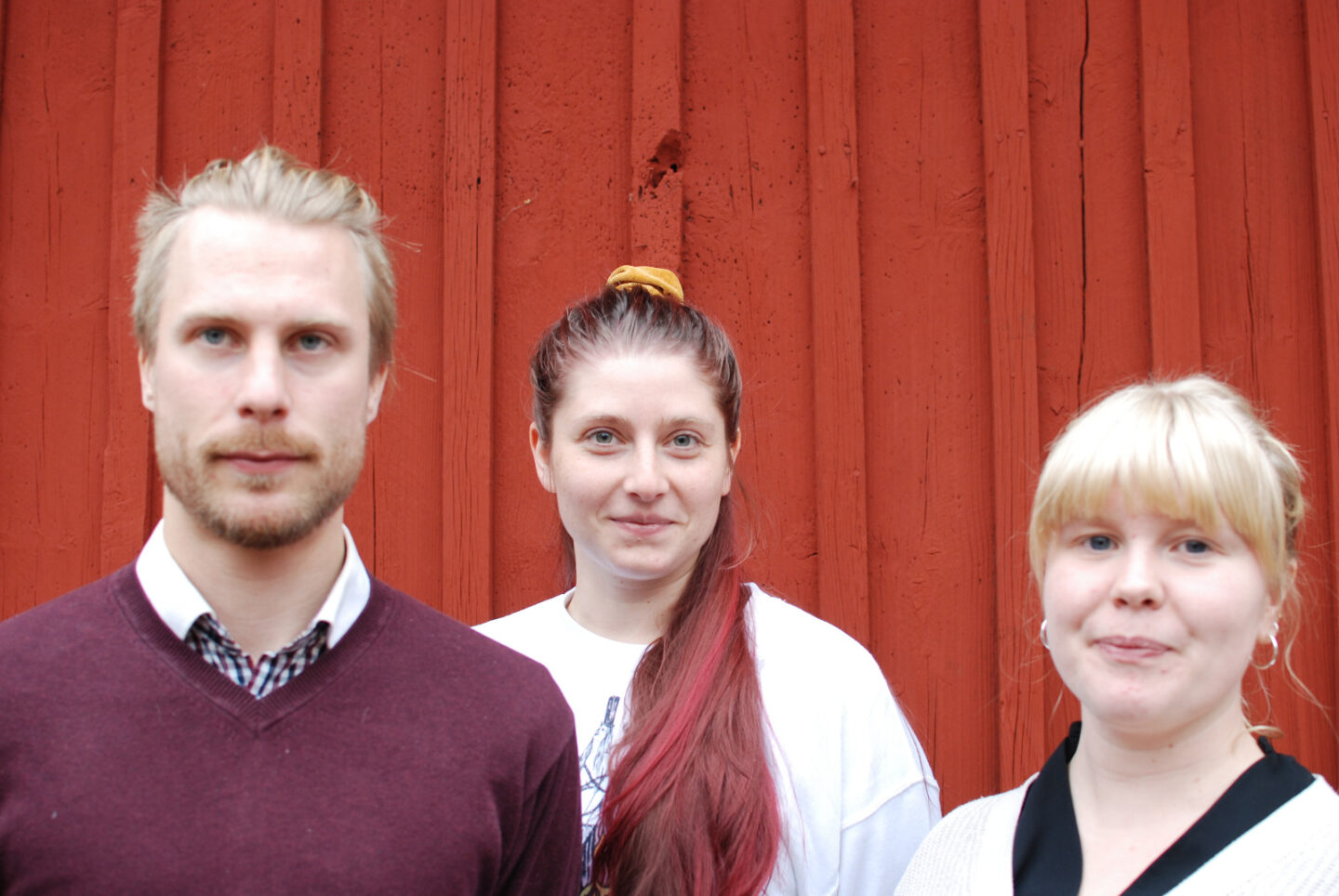Today is International Students' Day.
If Swedish universities wish to fulfill their ambitious goal of being international they first need to reflect upon their inclusion of international doctoral students.
Here are three suggestions.
What do you think of when talking about internationalization? Many understand it to be the same as mobility between countries. With this perspective, internationalization is a question about how many Swedish students and doctoral students study abroad and how many internationals do the same in Sweden. However, another and maybe more interesting perspective is how internationalization is encountered at universities by internationals who come to Sweden.
In the last decades, there has been an increase of international doctoral students enrolled at Swedish universities and university colleges. Up to date, 40% of enrolled doctoral students come from abroad. This is good since an international research environment is essential for exchanging perspectives and ideas within academia; it heightens creativity, diversifies the skillset, etc.
Further, research is an inherently international endeavor and collaborations are often international. Global challenges, such as the climate change crisis, require the rapid exchange of ideas and skills across borders to tackle them efficiently. It is thus in Sweden's interest to keep and further recruit international doctoral students to maintain and solidify its research education quality and hence the facilitation of a world-class doctoral education thereby relies on a certain level of internationalization.
However, despite good intentions many universities struggle with the adequate inclusion of international doctoral students in other aspects of academia than research, and student representative work is no exception.
All doctoral students should be able to actively participate in student representative work in and for their doctoral education. However, there are many situations where this is not the case, and where international doctoral students are not able to participate almost at all - and many of these have to do with formal and informal language barriers.
The formal language barriers are easy to describe, they concern aspects such as the ability for international students to participate in decision making meetings or have the same access to relevant courses for their degree. While Swedish is the language of governance and some meetings and documents must be held in Swedish, not many universities offer even a summary of "policy and steering documents" documents in English.
Others are reluctant to compromise even the slightest bit on language requirements, and insist that the members of the board and councils at all levels of the university have to be fluent in both Swedish speaking and writing. This makes the threshold for international doctoral students being an active part of the representational system very high.
The informal aspect of the language barrier is much more subtle to perceive and quantify. The small gestures get lost in translation when one already struggles with the formal aspects of the language barrier. Even though international students are more likely to experience problems at all, and sometimes problems of higher severity, they are less likely to report their sufferings. This might be due to the lack of knowledge of how it should and could be done. The student or trade union representative work is potentially not common in their previous educational system, and thus, speaking up or advocating for change in their doctoral education can be daunting. It may also be that they do not have sufficient knowledge about the already existing support systems. The lack of this knowledge also leads to an underrepresentation of international doctoral students in representative bodies throughout their university. To counter this, the decision process needs an international perspective. Again, English has a strong position in both research and higher education and especially in research education, yet there is a strong reluctance among universities to compromise or translate needed materials.
In reality, it is hard for international doctoral students to participate in decision-making that affects them. Despite that, it is also their student right to be able to do so.
Suppose Swedish universities wish to fulfill their ambitious goal of being international. In that case, Swedish universities first need to reflect upon their inclusion of international doctoral students' ability to represent on equal terms. This is a question about the sustainability of the Swedish Academia - today's doctoral students are tomorrow's professors and supervisors. The training we receive while being doctoral students we bring with us into the future, and when 40% of today's doctoral students are international they need to also be part of the representational system.
As such, we propose three suggestions to make international doctoral students part of the representative system on equal terms:
- Offer doctoral students the possibility to learn Swedish early on in their education - and consider how this actually becomes possible in the highly stressful environment that doctoral education can be.
- Work out an inclusive language strategy within each university- that acknowledges that even though the language of governance is Swedish, a large fraction of especially doctoral students and other early career researchers are internationals. Not all meetings have to be held in English - but also not all meetings held in Swedish require that the participants have full control over all aspects of the language.
- Ensure that adequate information about the rights and obligations one has as a doctoral student is available in English. Train international doctoral students in using their representative rights early on.
If the above three suggestions are not considered, we might as well continue to measure internationalization in terms of mobility – only and discard the idea of a world class doctoral education.
Written by Linnéa Carlsson, Christopher Sauer, Katharina Keuenhof, members of the SFS Doctoral Committee.
